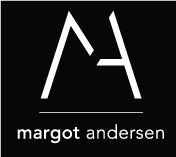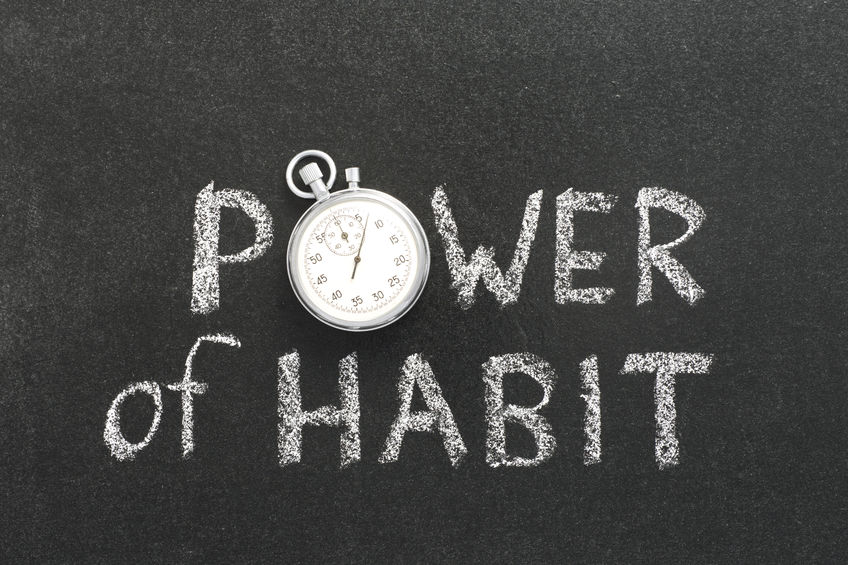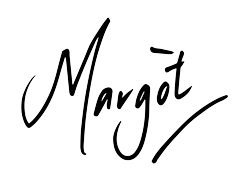I was recently reading an interview with Diane von Furstenberg (renowned fashion designer) and Jack Dorsey (co-founder of Twitter) about their daily habits and routines. I was particularly taken with Diane’s response to the question of how she started her day: ‘I start by sending one email each day that does not benefit me at all’. She went on to explain that it could be an introduction, a note of congratulations or a simple compliment.
What an incredible, simple act of generosity and influence that has an enormous capacity to impact individuals, workplace culture and broader networks. Whilst this daily habit does not immediately or directly benefit her day-to-day responsibilities, I do believe that over time it has the potential to greatly impact her business and career success. Her personal and professional reputation, the quality of her networks, the engagement of her staff, the potential for new opportunities and least of all the shaping of a positive and grateful mindset are but a few of the long term benefits to be had from this simple action.
We all know that success can be made or broken by the habits we form. They either become the major obstacles or the greatest foundations to all that we do. In short the actions (big and small) we take or don’t take today, do shape our tomorrow.
In The Power of Habit, Charles Duhigg, a highly regarded New York Times business journalist explores why some people and companies struggle with change while others seem to effortlessly reinvent themselves overnight. The answer he says is in our ability to understand how habits work and to focus on the daily patterns that shape our lives. Knowing what triggers our routines and what rewards we are really seeking is critical to changing or motivating our future actions.
In his book, he uses the example of how every day at 3pm he would stop what he was doing, head for the office cafeteria, grab a biscuit and chat with colleagues before returning to his desk twenty or so minutes later. Whilst he knew that he was putting on weight, he just couldn’t seem to break the habit.
When examining his habit he established that the time of day was his ‘cue’, the trip to the cafeteria was his ‘routine’ and the cookie was his so called ‘reward’. However when he really looked at it further, it wasn’t the cookie that was his reward it was the opportunity to engage with his colleagues. When he realised this, he was able to create new practices or habits that gave him the same reward. In doing so, he also saved both time and money whilst also greatly increasing productivity.
In essence we need to identify habits that serve our purpose. To eliminate or change those that are not we need to develop the ability to diagnose why we continue to do what we do. When we can effectively diagnose them, we can influence them. With this in mind, it is worth asking what patterns am I focusing on to shape my current and future career success? What daily habits am I taking (or not taking) to support how I effectively deliver on my role, grow my capability and brand, and to develop my team and myself?
I would encourage you to think about some of the daily actions below that are widely regarded as the key habits of successful leaders and ask yourself how they could reward you and your career:
- Start your day early: Creating space for both ourselves and to think about the day ahead provides a buffer to its demands. It helps us position ourselves strategically, positively and with a sense of control about what we are doing.
- Commit to adding value: There is no way to get ahead without committing to add value. Everyone you engage with needs to see, hear and feel value in the interactions they have with you. When they do they will invariably talk about it and seek to replicate it with what they do.
- Read something related to your industry: To remain informed and in-demand, you need to know what’s being demanded. What are the current trends, practices and opportunities for your industry? With sources such as LinkedIn and online industry free publications that can be delivered straight to your inbox it is all too easy to source the information.
- Focus on your network: Daily actions taken to invest in the growth and relevance of your network will help future-proof your success.
- Learn how to ‘fold time’: Learning how to maximise ‘incidental time’ not only improves your productivity but also helps us create time. Time spent commuting can be converted to daily exercise routines, your personal development time or engaging with networks. Rather than having to find extra time, we can simply maximise the use of the time we already have.
- Acknowledge your wins and achievements: This does not mean shouting from the corner office or endless self-promotion. Recognising how and where your capabilities, knowledge and skillsets have added value will help you determine new and relevant opportunities.
- Reflect: All to often we race through our day ticking things off our to-do lists or filing things away with little consideration to how they add value or ways we could further enhance it. Taking a moment at the end of each day to reflect allows you align your daily tasks with the bigger picture and ensures that you remain focused on the immediate requirements at hand.
So maybe tomorrow before you open up your to-do list, tackle your inbox, or dive head first into your day, take a moment to consider how your daily patterns and habits are setting you and your team up for career success.
For me, I am going to try and adopt Diane von Furstenberg’s daily practice of sending an email that doesn’t (immediately or directly) benefit me at all.
As always I would love to hear your thoughts.
Margot


